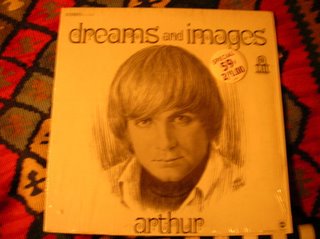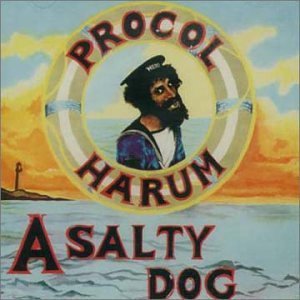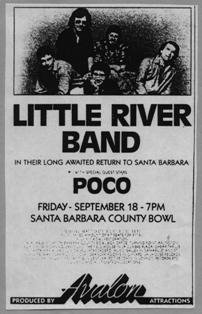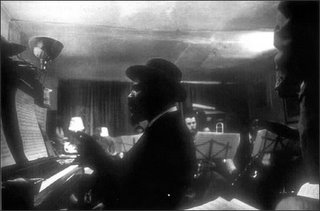
A ballad for ol' '05.
The first recording of "'Round Midnight" by the man who composed it, set to tape on November 21, 1947 inside WOR Studios in New York City. It's from Genius of Modern Music, Vol. 1.
Happy New Year.

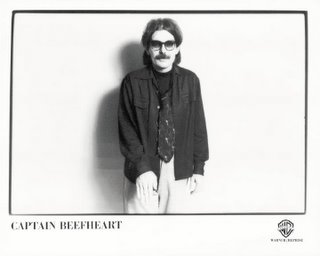

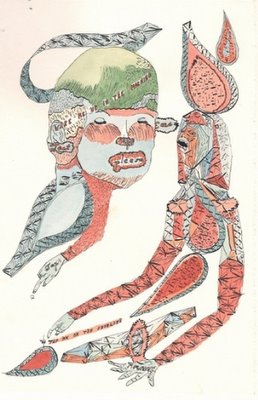 His flip lyricism -- these lines that seem tossed off as part of a quasi-homeless jibber-jabber -- is, upon examination, careful, deft, deep. It's poetry: Before the land came, after an ice age, favorite songs grew from smokey young rock caves.
His flip lyricism -- these lines that seem tossed off as part of a quasi-homeless jibber-jabber -- is, upon examination, careful, deft, deep. It's poetry: Before the land came, after an ice age, favorite songs grew from smokey young rock caves. 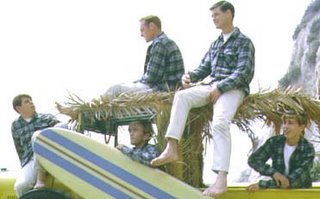

 When I hear
When I hear 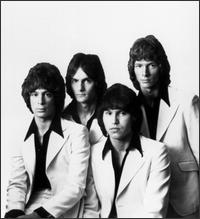
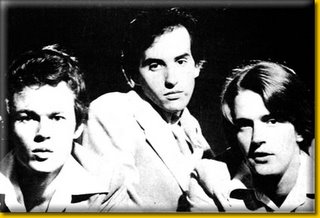
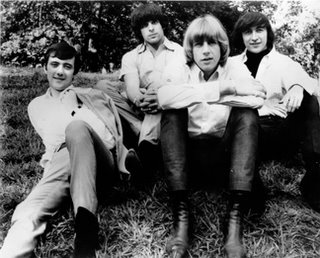
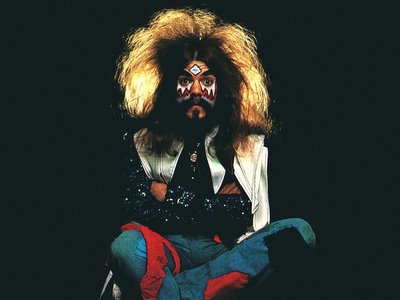

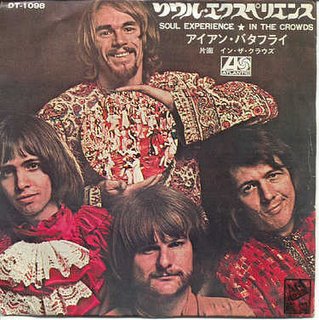



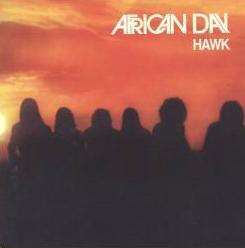 I've yet to fully comprehend all the ramifications of Jo'Burg Hawk, an early '70s "afro-rock" group from Johannesburg, South Africa. "Orang Outang" is apparently considered a major classic by a generation of progressive white South African rock fans. Jo'Burg Hawk managed to sneak the above mixed race album past the Apartheid-segregated public back in '71.
I've yet to fully comprehend all the ramifications of Jo'Burg Hawk, an early '70s "afro-rock" group from Johannesburg, South Africa. "Orang Outang" is apparently considered a major classic by a generation of progressive white South African rock fans. Jo'Burg Hawk managed to sneak the above mixed race album past the Apartheid-segregated public back in '71. 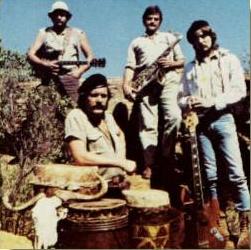
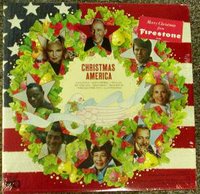 Stumbling across a favorite recording artist doing Christmas is a voyeuristic (auralistic?) shame on par with the nasty thrill one can feel watching prostitutes ply their trade while you’re ensconced in the backseat of a car speeding past. Blurred, cheap, and sad but impossible to look away from.
Stumbling across a favorite recording artist doing Christmas is a voyeuristic (auralistic?) shame on par with the nasty thrill one can feel watching prostitutes ply their trade while you’re ensconced in the backseat of a car speeding past. Blurred, cheap, and sad but impossible to look away from. 
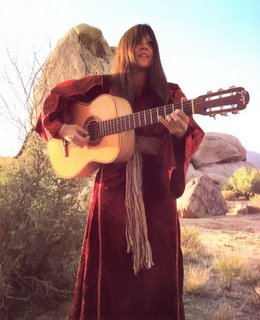

 Lester Bangs had this to say: "What Anne Murray is about, make no mistake, is S-E-X with a capital X." While I agree in theory, taxonomically I beg to differ. When it’s Anne Murray, it’s not sex. No, no. When it’s Anne Murray it’s making love.
Lester Bangs had this to say: "What Anne Murray is about, make no mistake, is S-E-X with a capital X." While I agree in theory, taxonomically I beg to differ. When it’s Anne Murray, it’s not sex. No, no. When it’s Anne Murray it’s making love.
A voice this pure demands that we surrender our cold, ironic hearts to beauty, to boogie shadows in the moonlight, to mama now it’s all right. Love has found it’s earthly embodiment in Murray’s rich alto. This one here might be my all time favorite.
Springhill, Nova Scotia, a town known primarily for a series of grisly mining disasters, is now proud home to the Anne Murray Cultural Center. The first diorama contains a number of the singing snowbird’s track suits, remnants of an early, abandoned career in Physical Education! These outfits alone were well worth the 22-hour drive Lefty and I took there in pilgrimage two summers ago.
P.S. Lefty has a theory that this Glen Campbell/Anne Murray duet is the very first mash-up.

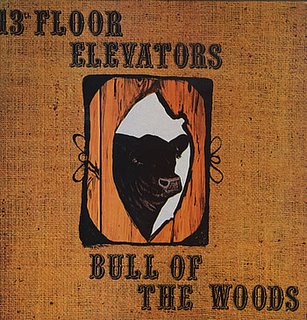

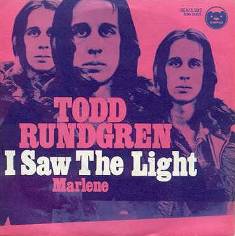

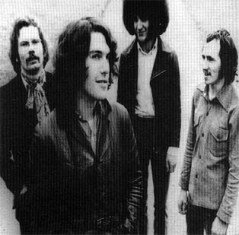


Phil Lynott is one of Dublin’s tender, bruised spots. He was an impossible combination: black and Irish. At the same time. Before his metal solidified Lynott wrote the song "Buffalo Gal" (on the early, rarely appreciated record, Shades of a Blue Orphanage — named with a nod to Lynott’s earlier band Orphanage). The song supercedes even Springsteen’s nostalgia for the lost world of adolescence. They’re closing down the old dancehall. Making love from memory, as Lynott would later say. But something stranger happens here. Buffalo Gal / You’ve had your fun / You’re button’s undone / and the time’s right for slaughter. In a dirty world, this song, with its strange chanted sections and odd rhythms, actually hurts me.
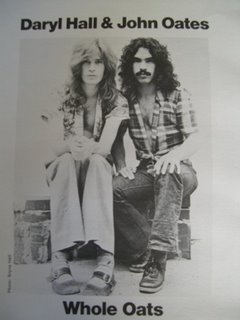

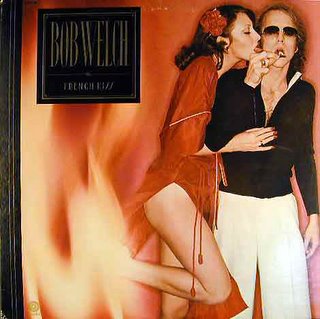


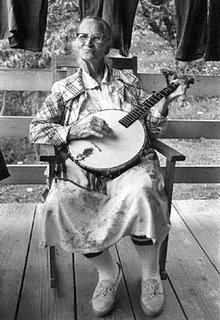
 There are some musical memories that can't in fact be remembered. How many AM radio songs streamed through your head when you were three years old while lodged next to a beer cooler in the back of a VW bus in 1974? You'll never know. But for some damned reason all these Glen Campbell songs sound like they were crafted in a subliminal pop heaven on a symphonically enhanced planet where VW buses will forever cruise open American byways haloed in gold and purple sunsets, where the Mr. Pibb flows from every water fountain and your parents never age, forever shod in earth shoes. What do you call nostalgia for memories you didn't even know you had--and maybe don't have? Perhaps it's the ultimate Freudian denial of death.
There are some musical memories that can't in fact be remembered. How many AM radio songs streamed through your head when you were three years old while lodged next to a beer cooler in the back of a VW bus in 1974? You'll never know. But for some damned reason all these Glen Campbell songs sound like they were crafted in a subliminal pop heaven on a symphonically enhanced planet where VW buses will forever cruise open American byways haloed in gold and purple sunsets, where the Mr. Pibb flows from every water fountain and your parents never age, forever shod in earth shoes. What do you call nostalgia for memories you didn't even know you had--and maybe don't have? Perhaps it's the ultimate Freudian denial of death. 
